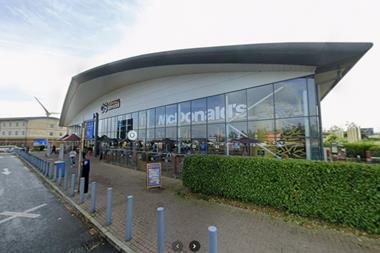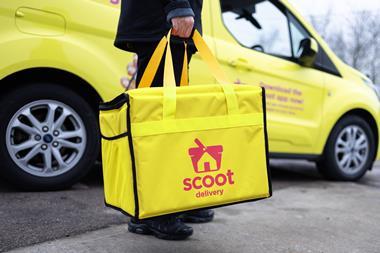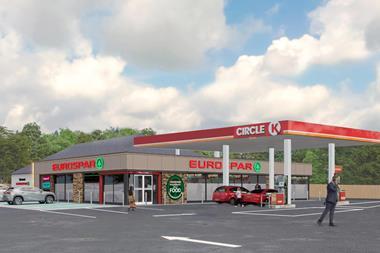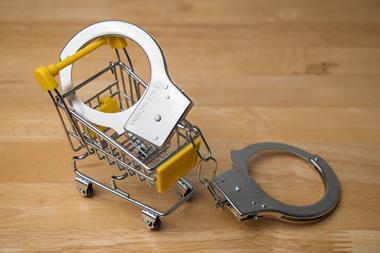The Association of Convenience Stores (ACS) has condemned LINK’s decision to press ahead with reductions in interchange fees for cash machine operators, despite widespread opposition because of concerns that cash machines in rural and isolated communities could be lost as a result of the changes.
LINK confirmed in January this year that over the next four years, it plans to reduce the interchange fee (the fee paid by banks to cash machine operators) from 25p to 20p. The first of these reductions will come into effect this Sunday July 1.
Figures released this morning (June 29) from consumer group Which? have suggested that the upcoming interchange fee cut is already having an effect, with as many as 1,500 cash machines being removed since November 2017.
Which? reports that rural areas have been affected marginally more than urban areas, despite LINK’s insistence that closures will increase the geographical spread of machines.
ACS chief executive James Lowman said: “Cash machines in convenience stores are an essential service for the millions of consumers that rely on cash, as well as other local small businesses and market stalls that don’t have card payment facilities. LINK’s decision to press ahead with cuts to interchange fees is already leading to retailers having to make difficult decisions about the future of their cash machines, potentially leaving rural and isolated communities without access to cash.
“Retailers cannot be expected to subsidise the network, especially when the big banks, who are profiting from the interchange fee cut, are closing branches in their thousands and abandoning consumers across the UK. The Payment Systems Regulator must intervene if consumers’ access to cash continues to be affected.”
During a debate on the future of ATMs and LINK’s plans to cut interchange fees on March this year, Exchequer secretary Robert Jenrick said: “We set the PSR (Payment Systems Regulator) up in 2015 with a specific statutory objective to ensure that the interests of the users of payment systems – not those of the banks – are promoted, with robust powers to enforce that. We expect the PSR to step in and act if needed. I have spoken to the PSR and to LINK, and the PSR understands the importance that the Government places on free access to cash, and the strength of feeling in Parliament and the country.”
In addition to concerns about the impact of the LINK interchange fee cut, ACS has also reiterated its calls to government to remove free to use ATMs from the business rates rating list, potentially saving thousands every year.
Lowman continued: “In many cases, the business rates bill for through-the-wall cash machines can run into several thousand pounds and can be higher than the total rates bill for the store where the machine is located. Free access to cash is an essential service and should not be subject to business rates. We urge the government to look closely at ways to ensure that free access to cash is maintained.”
The 2017 Local Shop Report shows that 58% of stores in the convenience sector have a cash machine. 45% of stores provide a free to use cash machine, while 13% have charged cash machines.
Cash remains an essential method of payment for customers in convenience stores, with HIM research showing that 76% of customers pay in cash.

































No comments yet